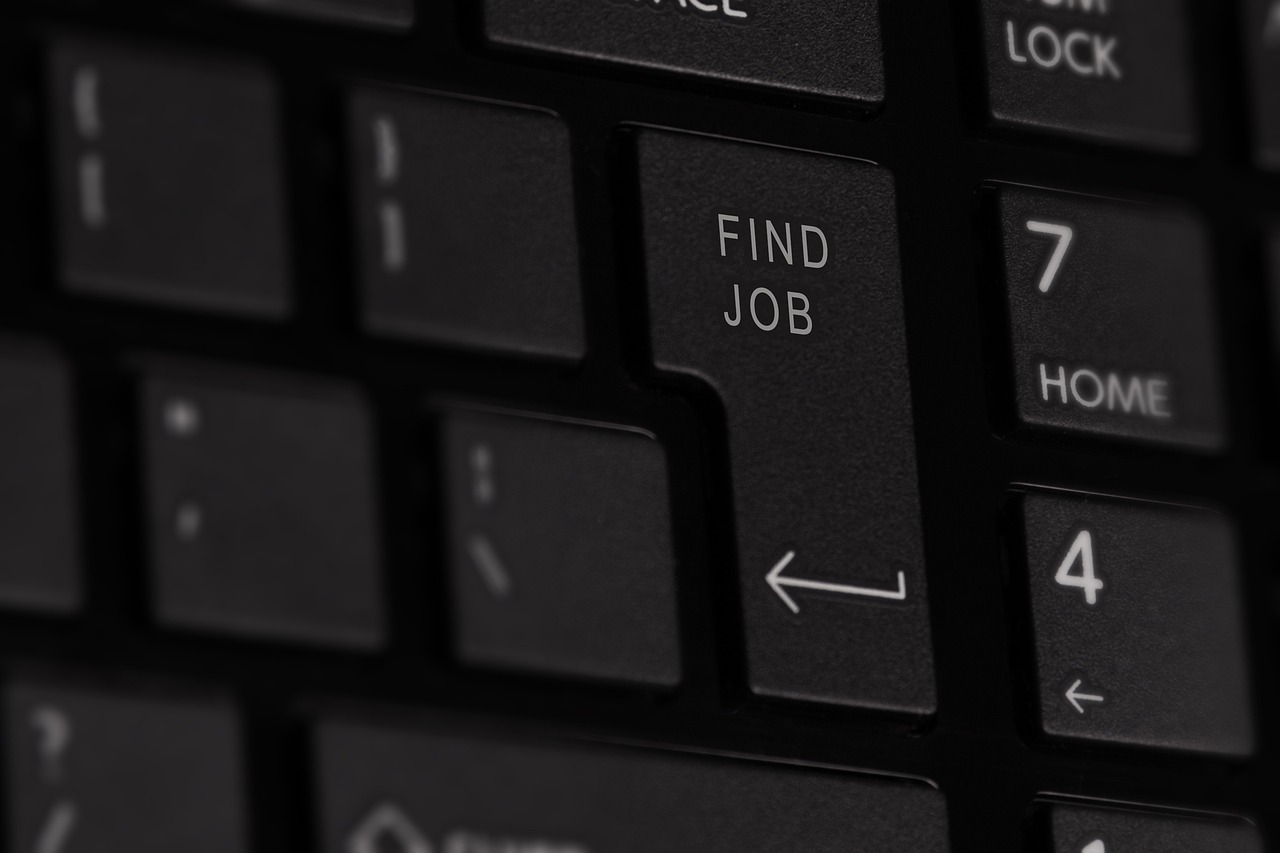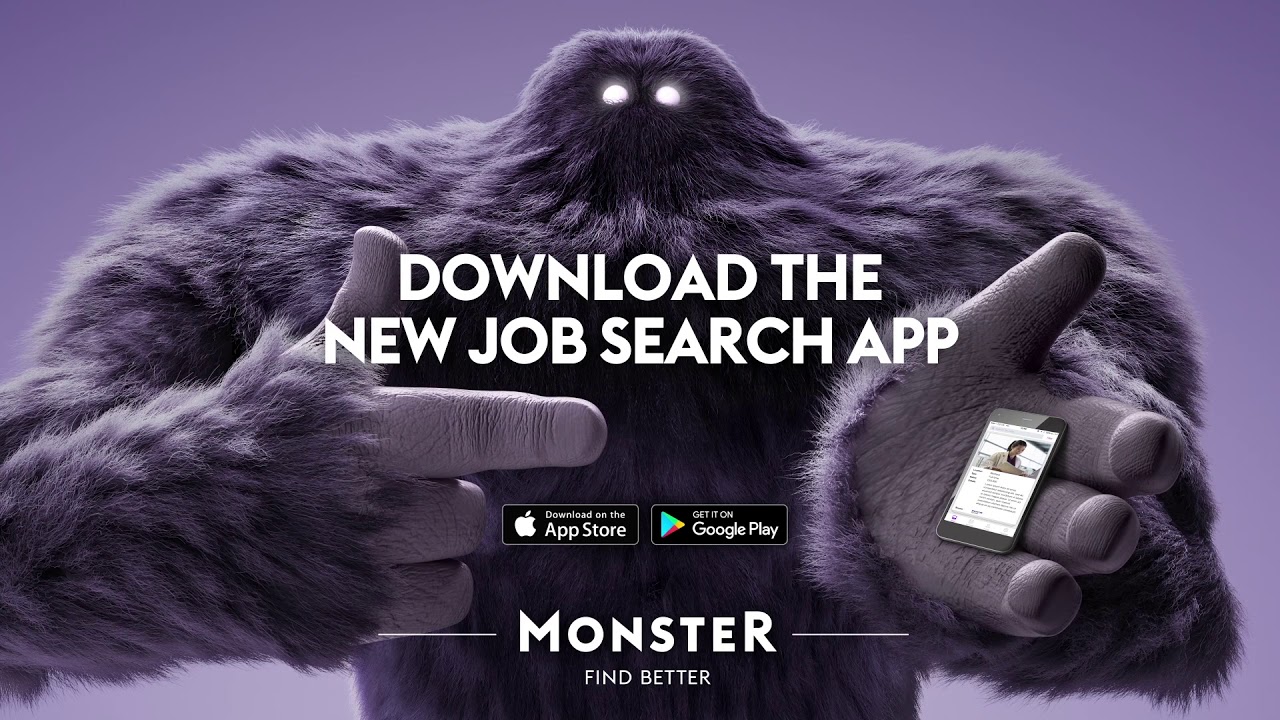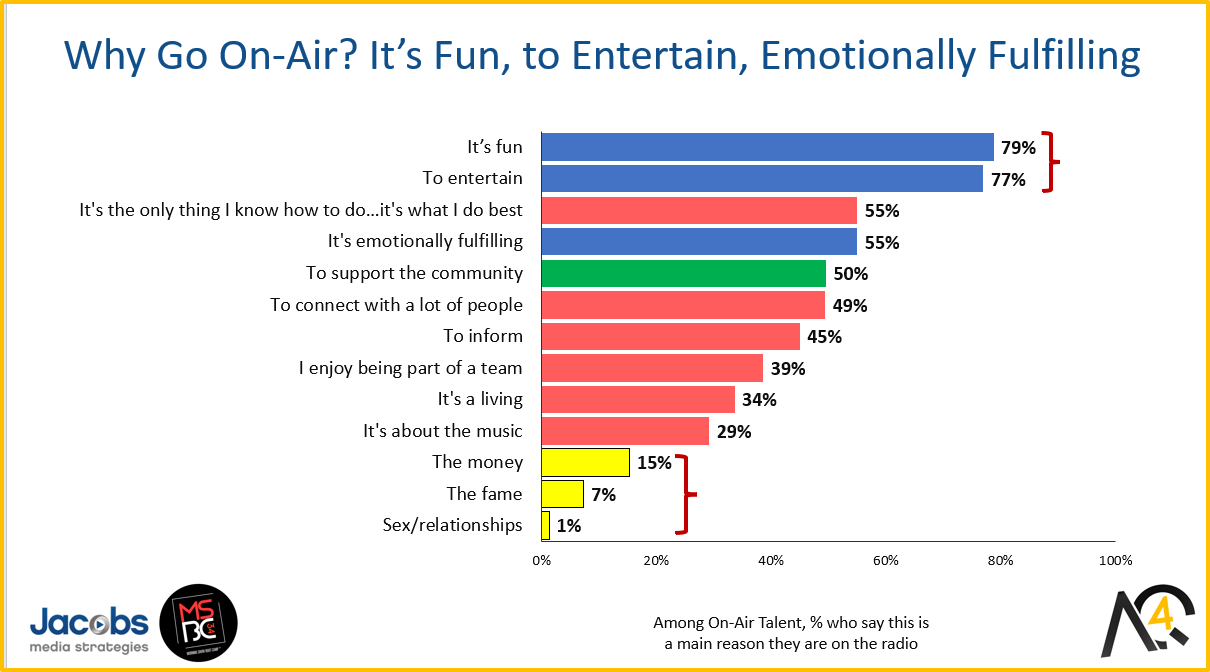
Go figure. My daughter and son-in-law are P1s of “CBS Sunday Morning.” I learned this when they stayed with us last weekend.
I actually earned some points when I told them my good friend and industry colleague, Jay Kernis, produces segments for the show. They were impressed….as they should be. Jay is brilliant at what he does, producing for Mike Wallace at “60 Minutes” before joining the team at NPR.
We met Jay when was SVP Programming for National Public Radio (as it was called then.) You’d think someone who rose through those ranks, survived Mike Wallace, and all the other network bigwigs and honchos would be a self-satisfied jerk.
That couldn’t be farther from the truth. Paul and I met Jay on our first day working with NPR, appropriately in the observation room of a focus group facility. Our first assignment was to do groups for a new NPR weekend program that was struggling. It had the quirky title of “Wait, Wait…Don’t Tell Me!” Jay, along with executive producer, Doug Berman, was there to learn. We clicked with Jay the moment we met. And for several years until he departed NPR (not one of the better days in Radioville), we enjoyed every bit of our working relationship and personal friendship.
That Jay – a world class storyteller – gets to do this for millions of viewers every week is really something. Believe me, he’s got a more interesting Facebook page than you or I do.
And while watching the show last weekend, I was riveted by a feature story on Harrison Ford, an actor who’s enjoyed an amazing career for decades. Of course, he’s more than earned it. We watched the guy who rocketed to fame as Han Solo tell Ben Mankiewicz how he bought this gigundous ranch in Jackson Hole, Wyoming 40 years ago and hasn’t missed Hollywood for a single moment.
Now at 80 years-old, Ford is starring in a new western with Helen Mirren being shot in nearby Montana. It’s called “1923,” and it’s a prequel to the smash hit, “Yellowstone,” featuring another icon, Kevin Costner. Ford loves the storytelling in this new show, calling it “audacious.” And he reveals he has other projects in the works, promoting the fifth Indiana Jones film, as well as shooting a new Captain America movie.
“Yellowstone,” featuring another icon, Kevin Costner. Ford loves the storytelling in this new show, calling it “audacious.” And he reveals he has other projects in the works, promoting the fifth Indiana Jones film, as well as shooting a new Captain America movie.
Mankiewicz wraps up the feature with the requisite old guy question – whether Harrison Ford has given any thought to “calling it quits.”
And without pause, Ford responds, “Yeah, yeah, I like my job!”
I immediately thought about my own career path as a guy who’s been in my business for more than minute, “Yeah, me, too.”
But then I wondered how everyone else in radio might answer that question. And I flashed on a CNBC story Brother Bill emailed me that morning with a jaw-dropping title:
“96% of workers are looking for a new job in 2023, poll says.”
Seriously? Ninety-freaking-six percent want out of their current gigs – “largely in search of better pay?!” That’s according to Monster.com research that suggests that along with competitors Indeed, Zip Recruiter, and the others, it’s going to be a banner year for these companies that thrive on widespread job dissatisfaction.
 But 96%? That’s almost everybody! Not 86% or 76% – those would be BIG NUMBERS. 96% are looking for that greener grass in 2023.
But 96%? That’s almost everybody! Not 86% or 76% – those would be BIG NUMBERS. 96% are looking for that greener grass in 2023.
That so many people are apparently unhappy with their work is disconcerting to say the least. Sure, it’s been a challenging time for most of these past few years. But the idea that so many people think there are better fortunes in the job market just over the next rise seems naïve and more than a little unrealistic.
Now, you’re probably thinking what I’m thinking: who’d they talk to, how big is the sample, how were the interviews conducted, and when was this study fielded?
I found some of the answers, but not all of them. The survey was conducted in December among 930 respondents.
But most of the stories I read about this Monster.com research lacked these important details – includinge the report on Monster’s own website. It’s linked here and it’s not especially helpful.
With a little digging, I find out that 40% of those looking for jobs are apparently unemployed? That doesn’t square up with any reality I see suggesting that fewer than 4% of Americans are without a job. That’s according to the U.S. Bureau of Labor Statistics. That odd sampling anomaly partially explains these results.
than 4% of Americans are without a job. That’s according to the U.S. Bureau of Labor Statistics. That odd sampling anomaly partially explains these results.
I also learned January is usually job hunting month to begin with – new year, new start, new job. But I do find out, according to Monster career expert Vicki Salemi, that “even compared to the Great Resignation,” this level of job search activity is “phenomenally high.” Well, yeah.
 And that makes me wonder: Is it this grim in radio?
And that makes me wonder: Is it this grim in radio?
Are there that many unhappy people behind the mic, selling time, creating digital content, scheduling music, and running logs? Sure, it’s tough out there. But this study makes it sound like the majority of people you bump into in the halls or on Zoom calls are polishing up those resumes.
One thing we know for certain. Last summer, we interviewed 750 members of the air talent/producers community (including some who are unemployed) for our AQ4 study of radio personalities we conduct in collaboration with Morning Show Boot Camp.
And a key question in each year’s survey is revealing. We ask our respondents to tell us the “main reasons” they got into radio from a list. Here’s how it shook out:

Now, we know that everyone who works in the radio business – in programming, sales, management, digital, engineering – does not necessarily agree with that foundational goal of having fun and entertaining people. And we might also conclude there’s a little response bias at play here. After all, how do we explain how money, fame, and sex ended up at the bottom of this list?
 Be that as it may, it’s pretty conclusive that on-air personalities are generally in it for more than the dough. I’d venture to say that many people in radio – whether they ended up behind the mic or not – chose this career path because it looked like a fun way to make a living. That’s probably not the case for many professionals in other lines of work, be it accounting, medicine, the law, or in one end of the business world or another. To this day, people I meet for the first time clearly react when they learn I’m in radio. There’s an assumption it sounds like fun, even though many know our business is under the same pressures others who work in traditional media roles are experiencing.
Be that as it may, it’s pretty conclusive that on-air personalities are generally in it for more than the dough. I’d venture to say that many people in radio – whether they ended up behind the mic or not – chose this career path because it looked like a fun way to make a living. That’s probably not the case for many professionals in other lines of work, be it accounting, medicine, the law, or in one end of the business world or another. To this day, people I meet for the first time clearly react when they learn I’m in radio. There’s an assumption it sounds like fun, even though many know our business is under the same pressures others who work in traditional media roles are experiencing.
Truth be told, on a wide majority of the days I’ve had the honor to work in this field, there’s been joy, fulfillment, and thankfulness for my job – the people I’ve met and worked with, the opportunities I’ve had, and the ability to innovate and create. There have been frustrating days, too, but that’s par for the course, as my Dad always reminded us. Especially for a career I’ve been working in for nearly a half century.
But what about you? How’s it going – especially in this post-COVID, recession-paranoid environment? You still having a good time? Do the pros outweigh the cons? And if you’re on the beach, what’s the plan? Are you ready for the next round or are you moving on?
Look in the mirror. Let us know. 
You can use the comments below, or hit up my social pages (links below). I fully understand if you cannot identify yourself – I think we’re all good with that. By the same token, please refrain on unloading on your boss or your company by name. (Think of it like standup comedy minus the F-bombs.)
We may not all be Harrison Ford-level happy, but we are in this thing together.
I have tremendous empathy, respect, and love for radio people – who they are, what they do, and what they’ve sacrificed along the way.
Tell your story. We’re listening.
- The Hazards Of Duke - April 11, 2025
- Simply Unpredictable - April 10, 2025
- Flush ‘Em Or Fix ‘Em?What Should Radio Do About Its Aging Brands? - April 9, 2025




I’ve been in radio since age 18 and I’m 60 now. To me, radio is thriving where I am and I couldn’t be happier. I am truly invested in the success of my station and the company I work for. I frankly don’t worry about the verticals (websites, podcasts, apps, etc.) to reach others. When the product is good enough to speak for itself, others will come – and that includes younger demos! Radio needs to keep being radio and nothing else.
Chris, good to hear from someone for whom it’s working – and obviously working well. I do think broadcasters need to get involved with other “verticals,” while maintaining a great core product. Sadly, that isn’t happening inside all companies.
I’ve been working in radio for nearly forty years (!) now. Although I can’t afford to “retire” I really don’t want to. Doing radio makes me happy. I consider myself very lucky.
And Pam, those who have worked with you over the years – and I can recall three encounters you and I have had – would agree you’re one of the good ones who make radio a fun and worthwhile endeavor. Thankss for the comment.
There are “days” and then there are “days”. That is, like most gigs I believe there are days when you think your news team has contributed to community knowledge in a huge way. There are days when you meet/greet musicians and they entertain your community in a huge way. The brushes with greatness are indeed fun. And there are the days when it feels like you’re the manager at a formulaic big box store, you wear a pocket protector and you are implementing the planagram with no creativity. I tend to be a glass half full guy, however there’s no doubt that they days of running your station without tampering by HQ, are long gone. That doesn’t mean it still can’t be fulfilling and enjoyable. It’s just different.
Yup, there are both kinds of “days,” but I think you tend to play through the crappy ones because there are enough good ones. At least, that’s the hope. In most of the response I’ve received, the good outweighs the not-so-good. Thanks, Tim.
I started reading news in Saline, Michigan, in 1969. I was still in high school, and the station assigned me to cover City Council meetings. I got an “A” in Civics class. Then, that summer after graduation, I was assigned to cover the murder trial of a serial killer. And I was hooked.
I was on the air, then, for 35 years, and loved every minute. The news team I managed won awards, and it was the most fun I’d ever had. But…for most of us, the pay isn’t great, and I had to start thinking about home and family. So I transitioned to content sales and wound up with a government job – finding affiliates for Voice of America and the other parts of US International Broadcasting. And that was hard work that was super fulfilling.
I retired from the government in 2018. Retirement was…boring. My wife and I decided that, in retirement, if it wasn’t fun or exciting, we wouldn’t do it. I tried gardening. Nope. Model trains. Nope, and expensive. I read for the blind at the local NPR station, which was interesting and fulfilling. Then the station had a part-time opening for a host for the afternoon “All Things Considered” broadcast. During my interview, I was asked, “How long do you see yourself doing this?”
“Until it’s not fun.”
So now I’m gathering a little news, writing a little news, and having the best time of my life. I’m with your 79 percent. It’s loads of fun.
Doug, this is a great story, especially for those nearing the so-called “retirement age” I’m reminded of that old adage, “You can take the boy (or girl) out of radio, but you cannot take radio out of the boy (or girl).
I started on college radio in 1977. I retired and moved away from a network gig March 11 of last year, and by April 1st I had a parttime on-air gig at an all-live local combo in coastal Virginia. Couldn’t give it up.
Do I like my job? What’s a “job”?
Good questions both, Alan. Thanks for chiming in.
If I was only allowed to watch 90 minutes of TV each week, it’d be CBS Sunday Morning. Your friend Jay Kernis and everyone there fulfill what Edward R. Murrow dared hoped TV (and radio) would be in a famous speech to RTNDA in 1958.
“This instrument can teach, it can illuminate; yes, and even it can inspire. But it can do so only to the extent that HUMANS ARE DETERMINED TO USE IT TO THOSE ENDS. Otherwise, it’s nothing but wires and lights in a box. There is a great and perhaps decisive battle to be fought against ignorance, intolerance and indifference. This weapon of television could be useful.”
Radio and TV Pros would do well to read this whole address once a year. Follow that north star and you’ll go home happy with your job every day.
https://www.rtdna.org/murrows-famous-wires-and-lights-in-a-box
Regarding the 96% thing: ‘There are three kinds of lies: lies, damned lies, and statistics.'”
But I think you’ve heard that already!
Yes, I have heard that, but this story definitely falls into the last bucket!
I’ve been in the radio business for over forty years now. I manage a cluster of stations in the Midwest. As all of us with a little grey in our hair, I’ve experienced a lot of change over the last forty years…Some good, some not so good.
One thing hasn’t changed, When my staff and I (Yes we still have a staff in the building, we’re still live and local and still active in the communities we serve) start our broadcast day, we have the opportunity to make a difference in the lives of our listeners, our clients, and those in our community. Forty years later I still get excited about that opportunity.
Reading the comments are almost as good as reading this blog. Tim expressed my exact thoughts. I absolutely got into radio in 1985 because it was fun! It was always fun, even on the hard days, and despite the fact that I am happy no longer working at a station, I do pine for it sometimes. That said, its a 24-7 grind that never stops, a low hum always there in the background, a beast that must be fed. As long as people understand that concept, the fun is there to be had.
That’s what I was hoping for, Abby – great stories from the radio road. I love the “low hum” analogy – it’s omnipresent.
In what other job can you meet the stars, sit down to talk with them in front of the microphone and see them sing next to you?
How bored can anyone be if you can get invited to concerts around the country and the world, being backstage and befriending those artists?
How could you be bored knowing that the next morning, you will arrive at the radio station and be seated along with excellent talent that will entertain, inform and make you laugh?
How could you be unmotivated if on the radio it is possible to sit down, play your favorite music and infect the audience with it and with the feelings that you transmit to them with your voice?
Radio has been my passion since 1975. Thanks to it I met my wife, I gave my two daughters an education and I was able to make a living, travel halfway around the world, retire and live peacefully on the Caribbean coast.
But it is impossible to stop doing radio.
Today, almost 50 years later and retired, I am still advising radio stations in Panama, Costa Rica, Chile and Colombia and a Hispanic talent in San Antonio, Texas. I write 2 weekly radio articles on my blog on the radioNOTAS portal and I produce and present a weekly radio show in my hometown, Medellín, Colombia.
I have never been bored with my work in radio. Not even when I’ve made mistakes, or the stations I was in charge of had lost their audience to their competitors.
I wish all the jobs in life were just as exciting, fun and satisfying as radio!
Tito, your experience mirrors many who I’ve worked with, especially in the States. While there have been some twists and turns on the so-called “road to success,” those who have hacked their way to success and rolled with the changes enjoyed your relatable comment.
I never tire of hearing Tito’s love and enthusiasm for radio! It so mirrors mine, though mine was spent primarily in Christian radio (with stops in country, AC and talk). As Tito said, radio sat me right next to the most amazing, talented artists at the most fun concerts, getting to meet so many wonderful people (ok and maybe a few less-than wonderful) and took me places I’d never dreamed of going, including Russia on a chartered 747! I’m reminded of something I’ve said on the air before, how you have all these amazing people that make all this amazing music happen–from the artist with the idea scratching out that song on a notepad, to all the musicians and producers that make it happen, even down to the people who created and built the studios those classic songs would be recorded in and every office worker paying the bills, changing light bulbs and restocking toilet paper in the bathrooms of those companies running the studios, to the creative graphic artists coming up with all of the packaging and promotion–and no doubt a thousand others I’m forgetting–and what’s my job?? I press a button and it all goes out over the airwaves. To quote Alan Peterson above, “What job?”
Agreed, David. Tito’s love for the game is infectious.
I am no longer in radio after spending 40 years in different towns with different formats.
People ask me if I miss radio. I tell them I do but then add that I missed it the last five years I was in it. Corporate mandates, reduced community involvement, smaller staffs, and syndication and voice tracking took all the fun out of it for me. I’m happy for those of you still enjoying it but I have found that there is indeed life after radio. ( And it hurts me a bit to say that )
Tom, I think there are a lot of nodding heads reading your comment. Appreciate you sharing your experience.
I have been is this business for 30 years and have met so many amazing people. Some have become friends for equally as long. I still love this business and can’t imagine doing anything else, but… sales does become a grind at moments. Don’t get me wrong those moments are usually brief. Anyway, still best gig there is.